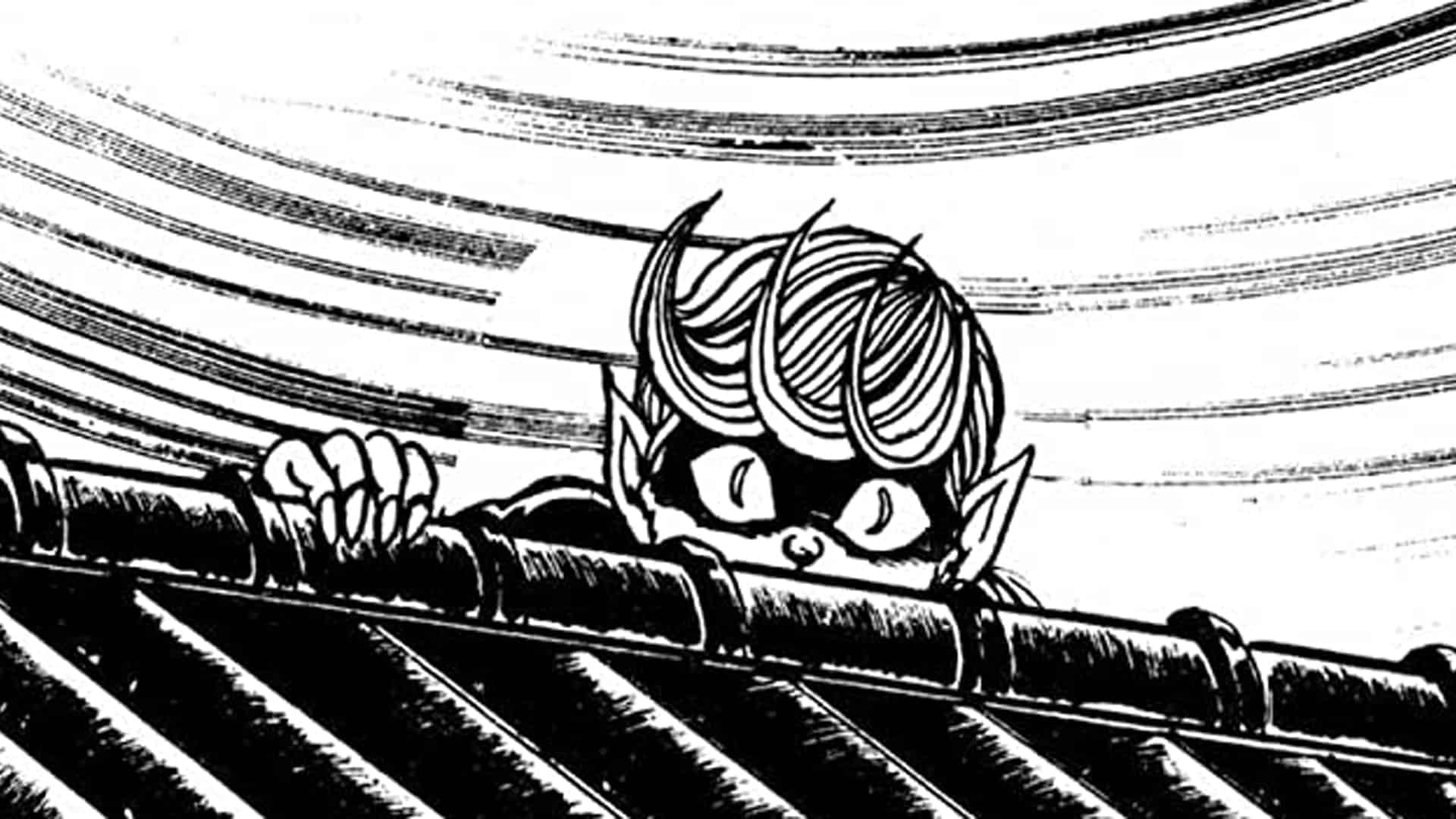That playing games has become a proper profession, with people actually competing against each other in arenas filled with audiences, is a fact that has been going on for years. As with every new money-making opportunity, though, corruption and illegal by-products do appear, with “The Up Rank” dealing with the concept of rank boosting in popular mobile shooting games, where good players earn money to raise the rank of others.
“The Up Rank” is screening at Bucheon International Fantastic Film Festival

U is a young gamer, whose father is constantly bugging for help in the print shop he runs on his own, but to no avail, as the kid's mind is definitely on other things. Both his father and his girlfriend nag him to get a job, but U is just too obsessed with gaming to do so. An opportunity arises though, when he is approached by a group of boosters, headed by Home and also including famous pro-gamer Peet and his girlfriend Toy, to join their group. The business is going well and U quickly manages to earn some money, even managing to help his father financially and treat his girlfriend, neither of which, though, approve of his line of work and how time-consuming it is. Home, on the other hand, has loaned heavily to invest on the business and he finds himself investing even more in order to expand it, even involving little kids who get a phone and are paid to boost. Furthermore, as U and Toy come closer, tension rises between Peet and the rest of the members.
Kulp Kaljareuk and Vathanyu Ingkavivat seem to know (or have researched at least) the world of online gaming, with its various aspects being portrayed with an entertaining realism. The obsession the particular concept causes is a central theme, as we watch U playing on his phone wherever he goes, but the movie also shows the money-making opportunities and the star system the particular world has created which very frequently can be a way out for poor kids whose only talent is video gaming. Also interesting is that boosting actually belongs to a gray area, since, although gaming companies are forbidden, it is not practically illegal, and the only issue with the law is that probably the people who deal with it do not exactly declare their profits on IRS, with the directors playing with the concept throughout the movie.
Check also this interview
At the same time, though, when the movie moves away from the central theme, the quality of the narrative somewhat decreases, with Home's loaning being far-fetched and the romance essentially cliched, with the same applying to the overall persona of Peet, who sees all his “gains” being swept up by U. On the other hand, the way real and “adopted” families are shaped and dismantled is quite well presented, particularly in the way Home is functioning as a big brother or even parent to the rest of the members. It is also this aspect that justifies U's neglect of his family as soon as he falls in with the group, since within them he finds a father figure who actually understands him, money, and a woman, practically everything a teenager would ever wish.
Krit Jeerapattananuwong as U is quite convincing in the role of the good kid that falls in with the wrong crew, at least in terms of consequences. Bhumibhat Thavornsiri as Home plays both the mentor and the troubled man with gusto, while Kittisak Patomburana occasionally steals the show in the role of Peet, a man who is essentially forced to be the villain. Lastly, sweet and beautiful Sudarat Phungsiri as Toy is equally good in the role of the apple of discord as much as a girl that is melancholic and confused regarding what she wants to do with her life.
Pramett Chankrasae's cinematography captures the world of underground gaming with realism, with the same applying with the world of the poor in Thailand. Occasionally the imagery also points towards the noir, a visual approach that works well for the movie. Apipoo Hoontrakul's editing picks up or slows down depending on the particular part of the story, in a work that definitely benefits the development of the script.
“The Up Rank” has some issues with its script and character development, but as the sum of both its pros and cons, it definitely leans towards the positive side, particularly for the presentation of a world that is very rarely, if at all, depicted on film.















